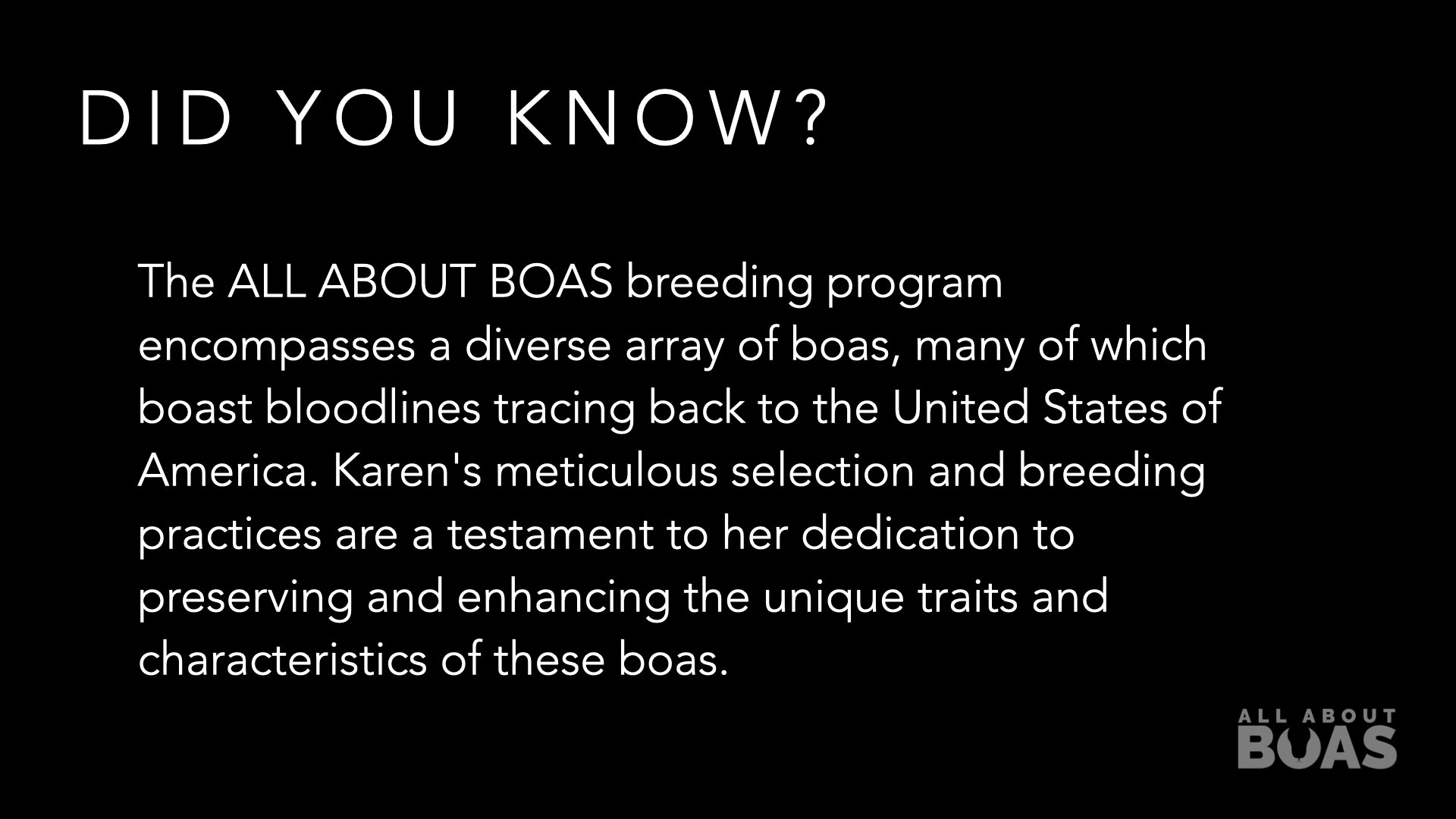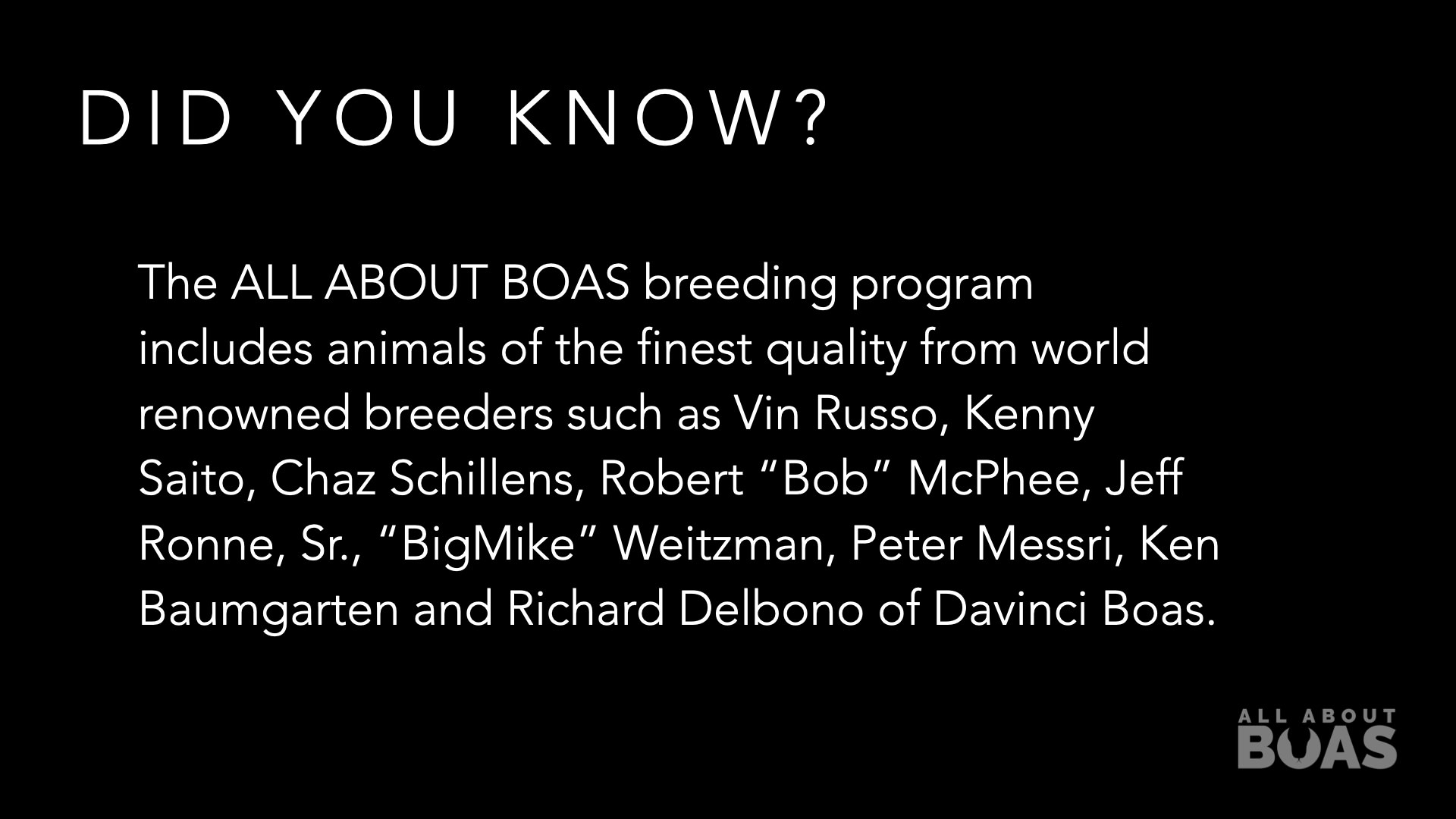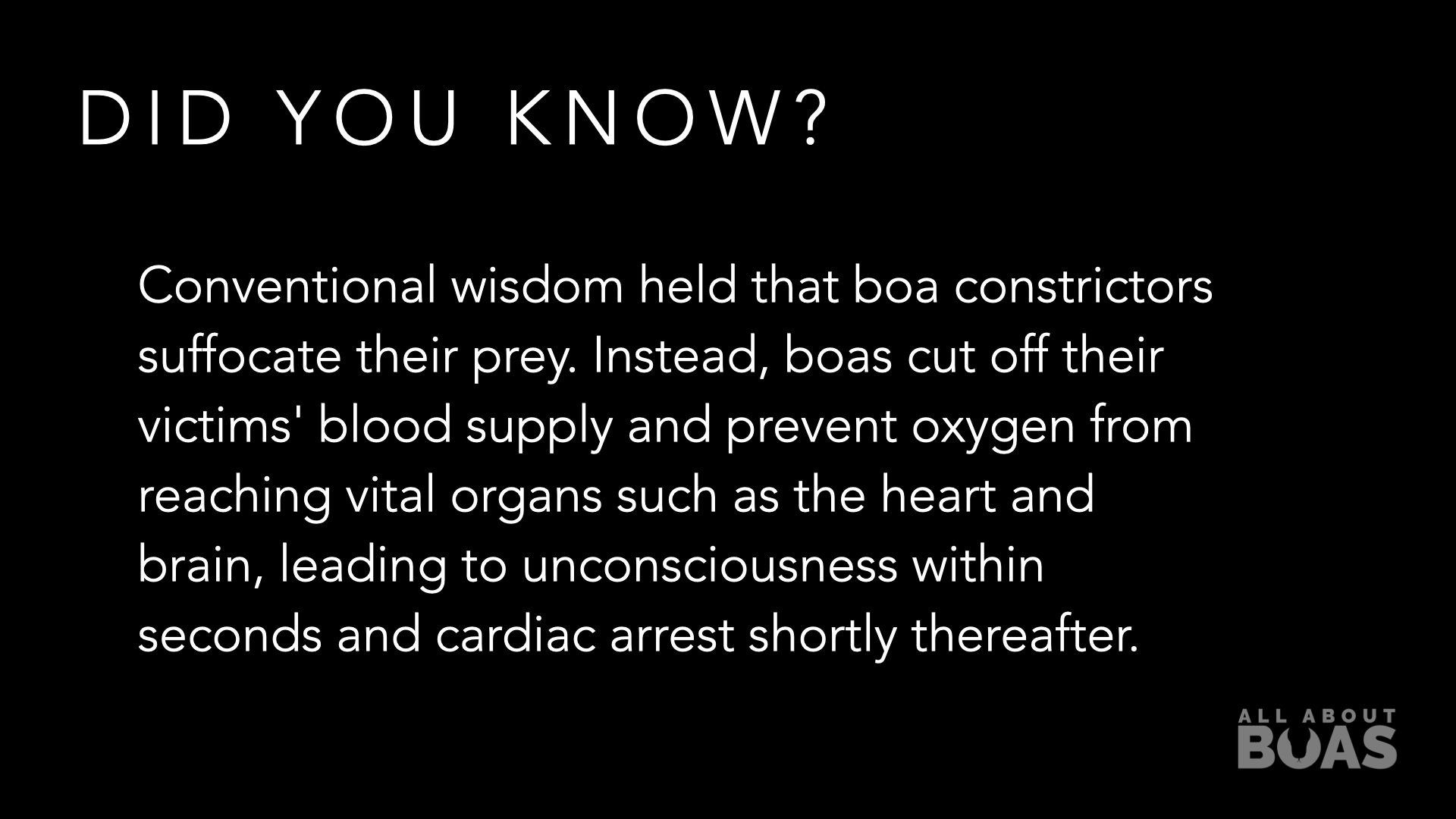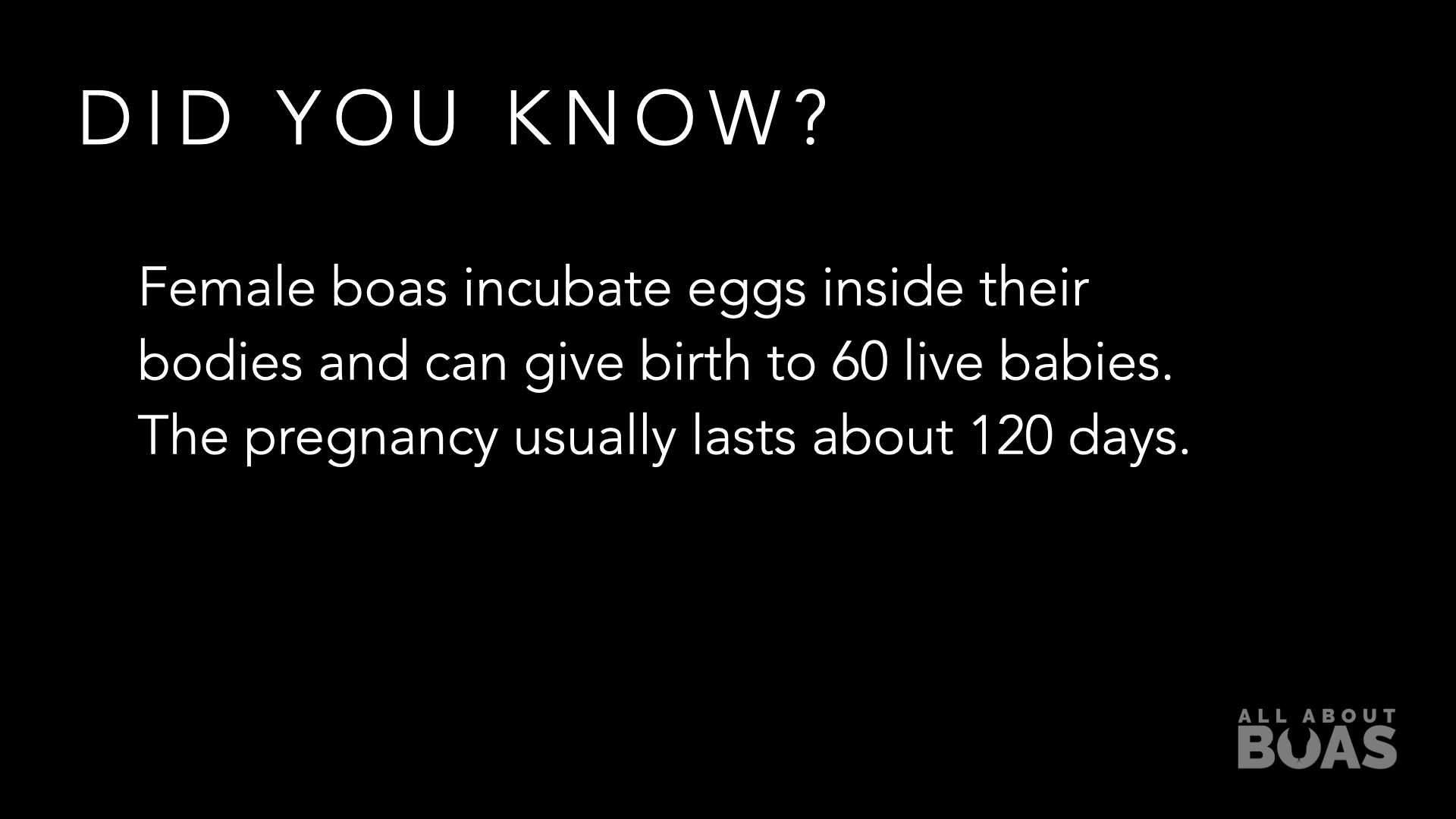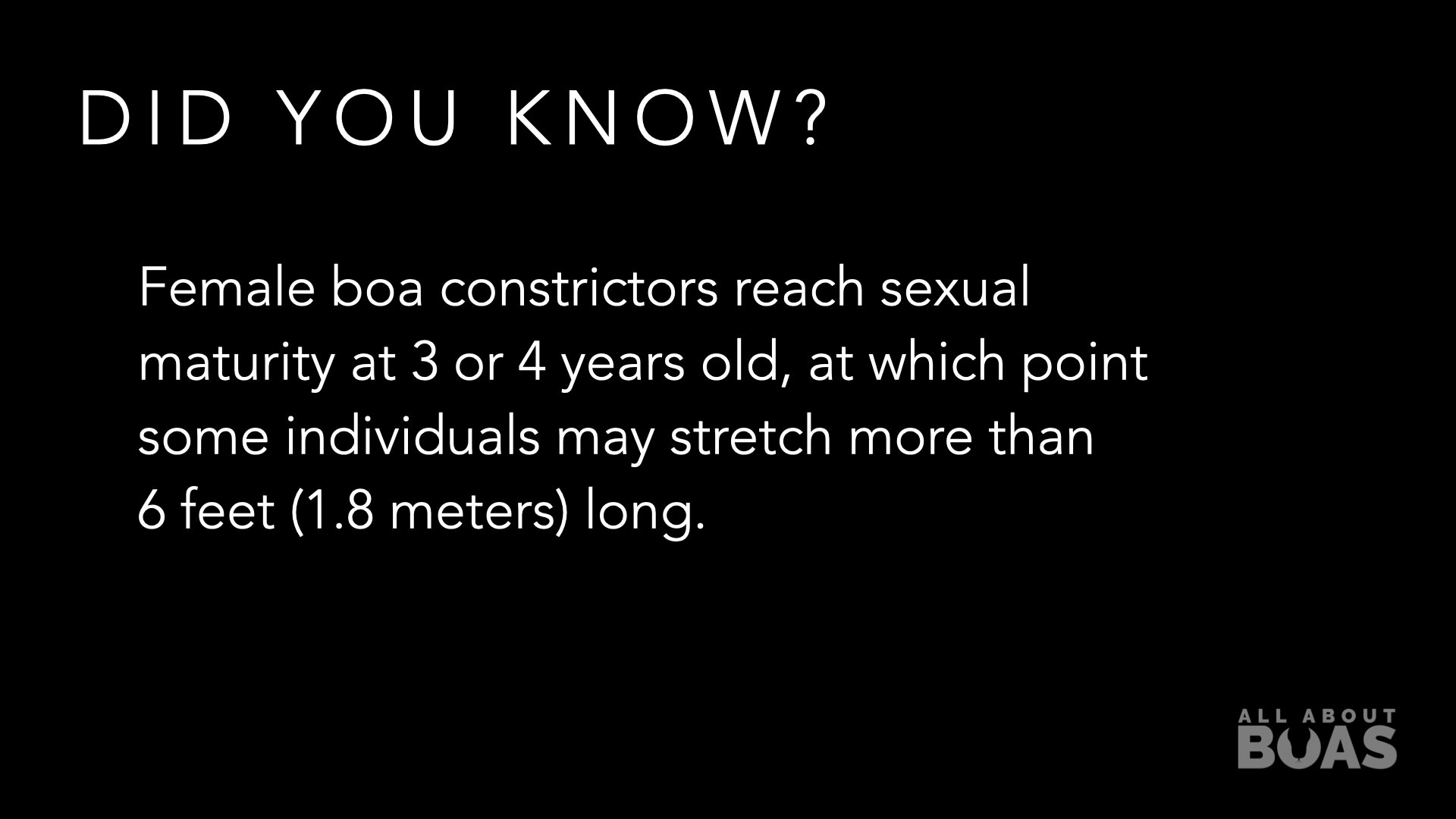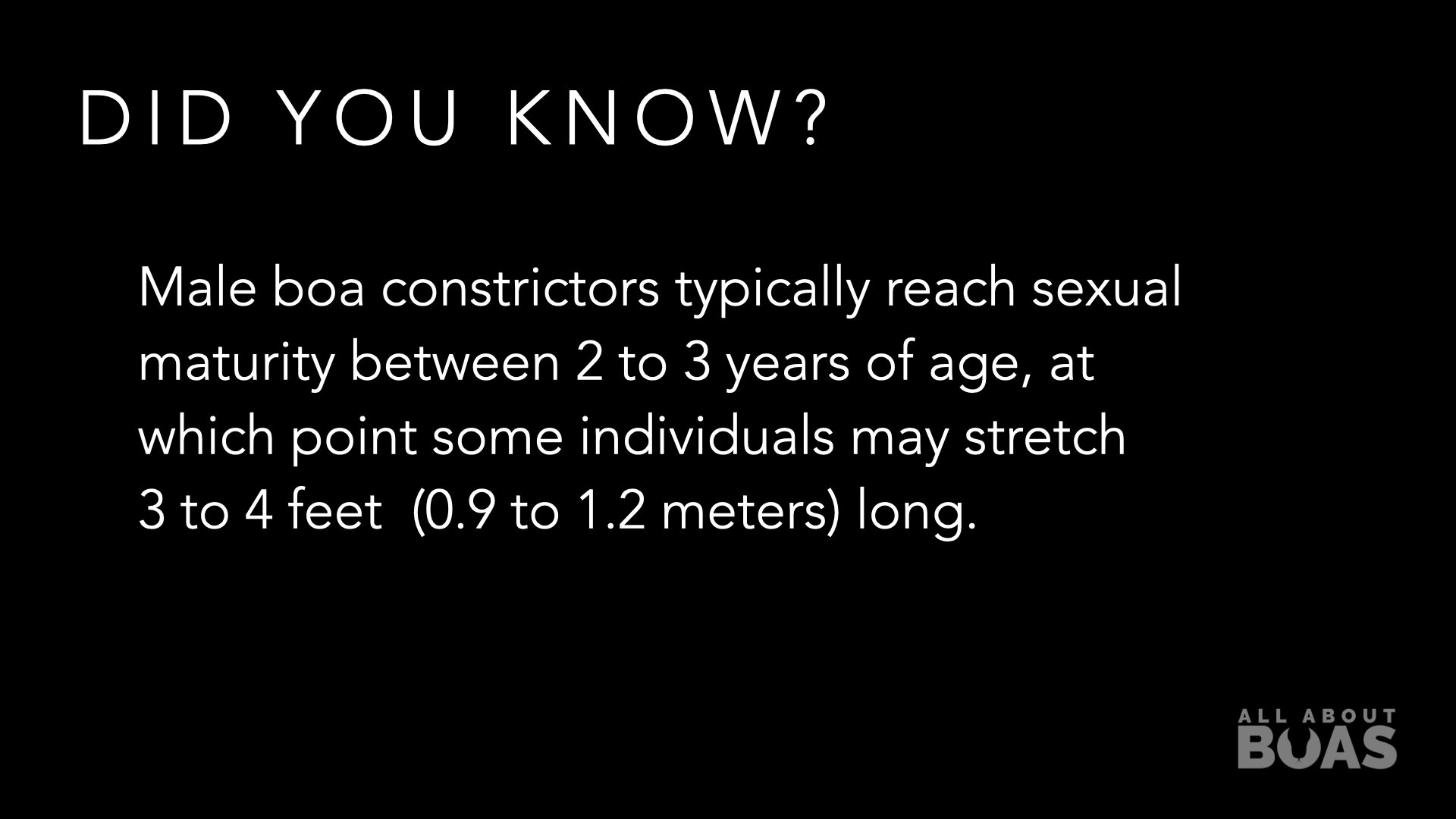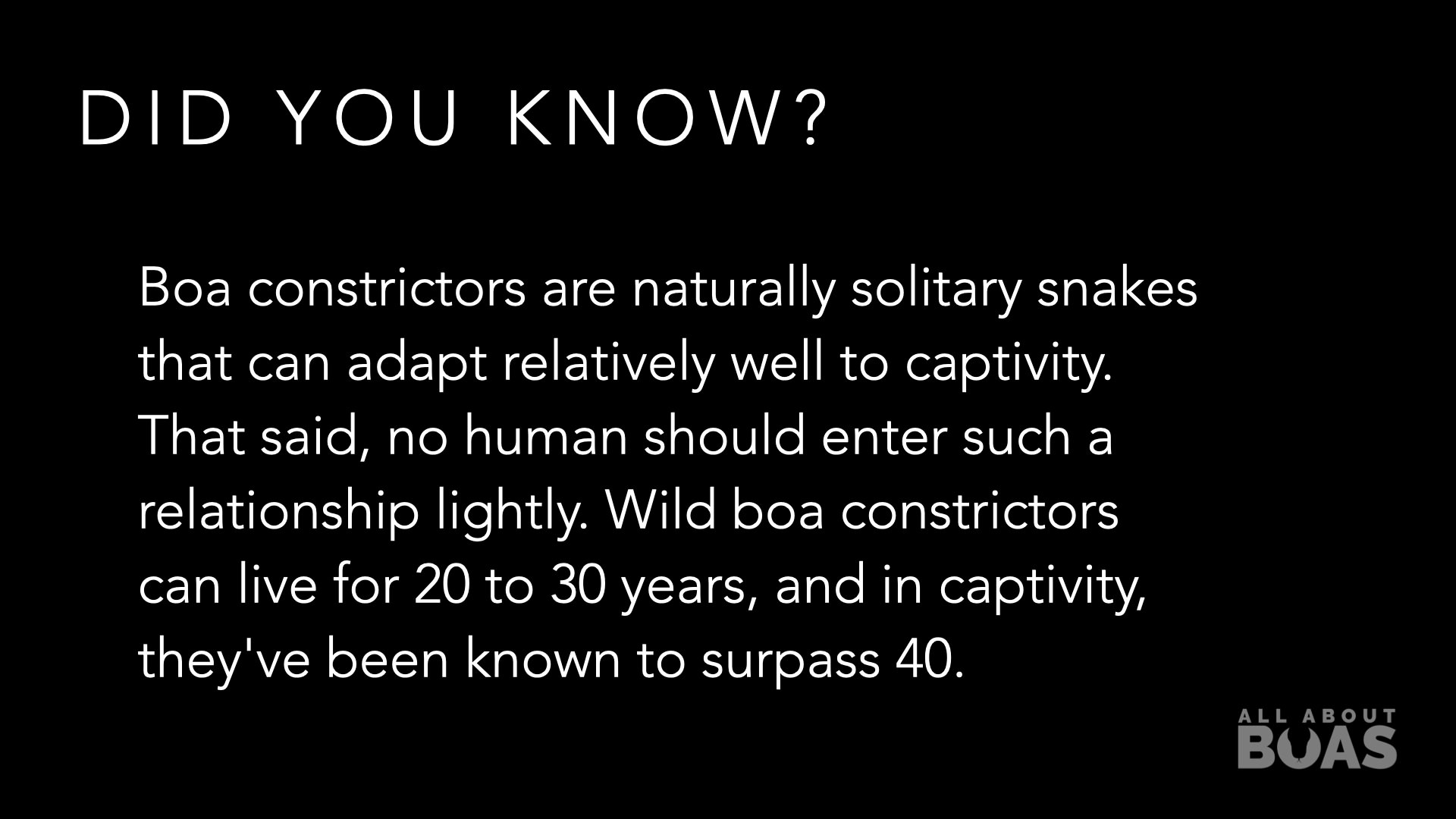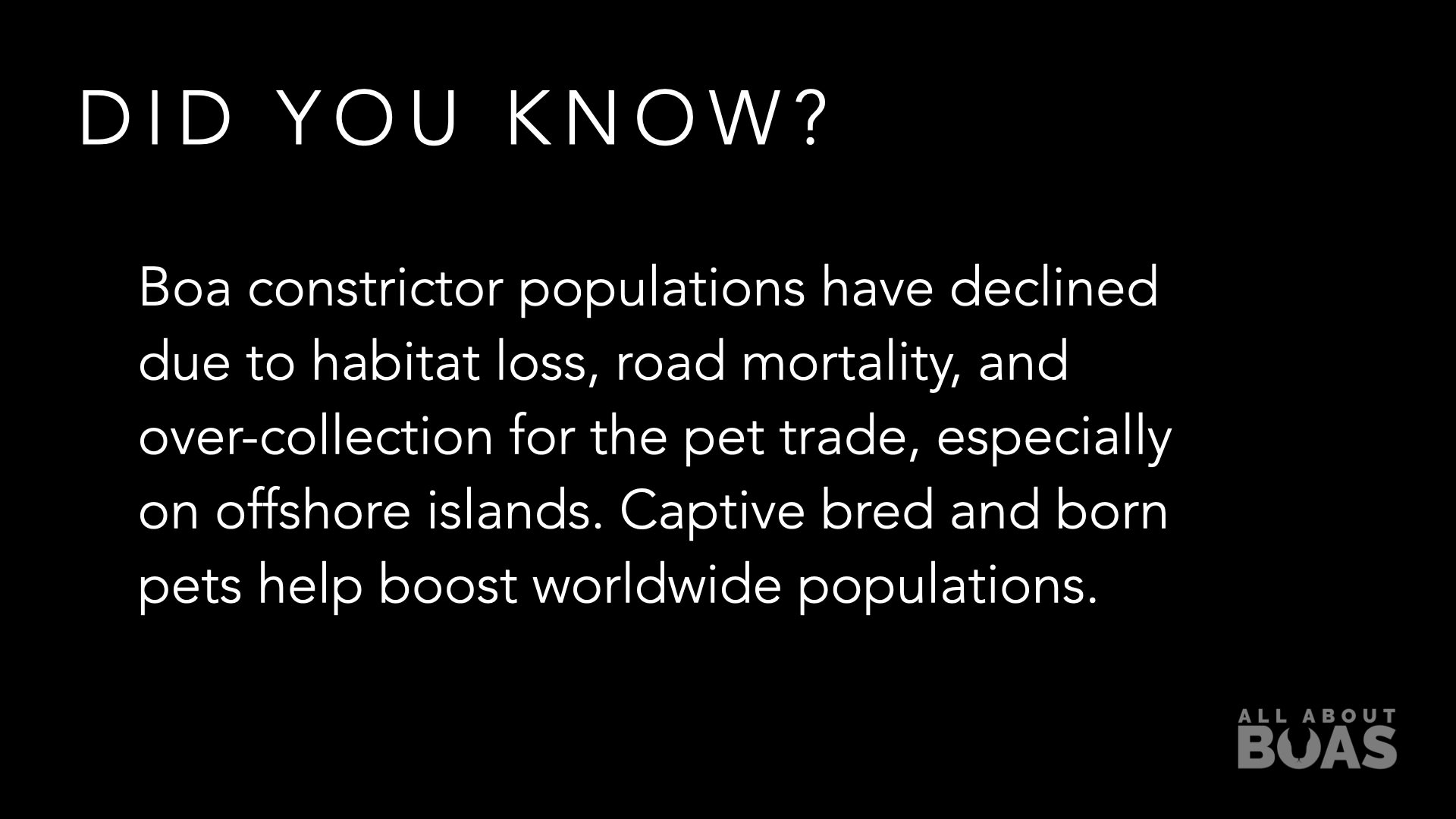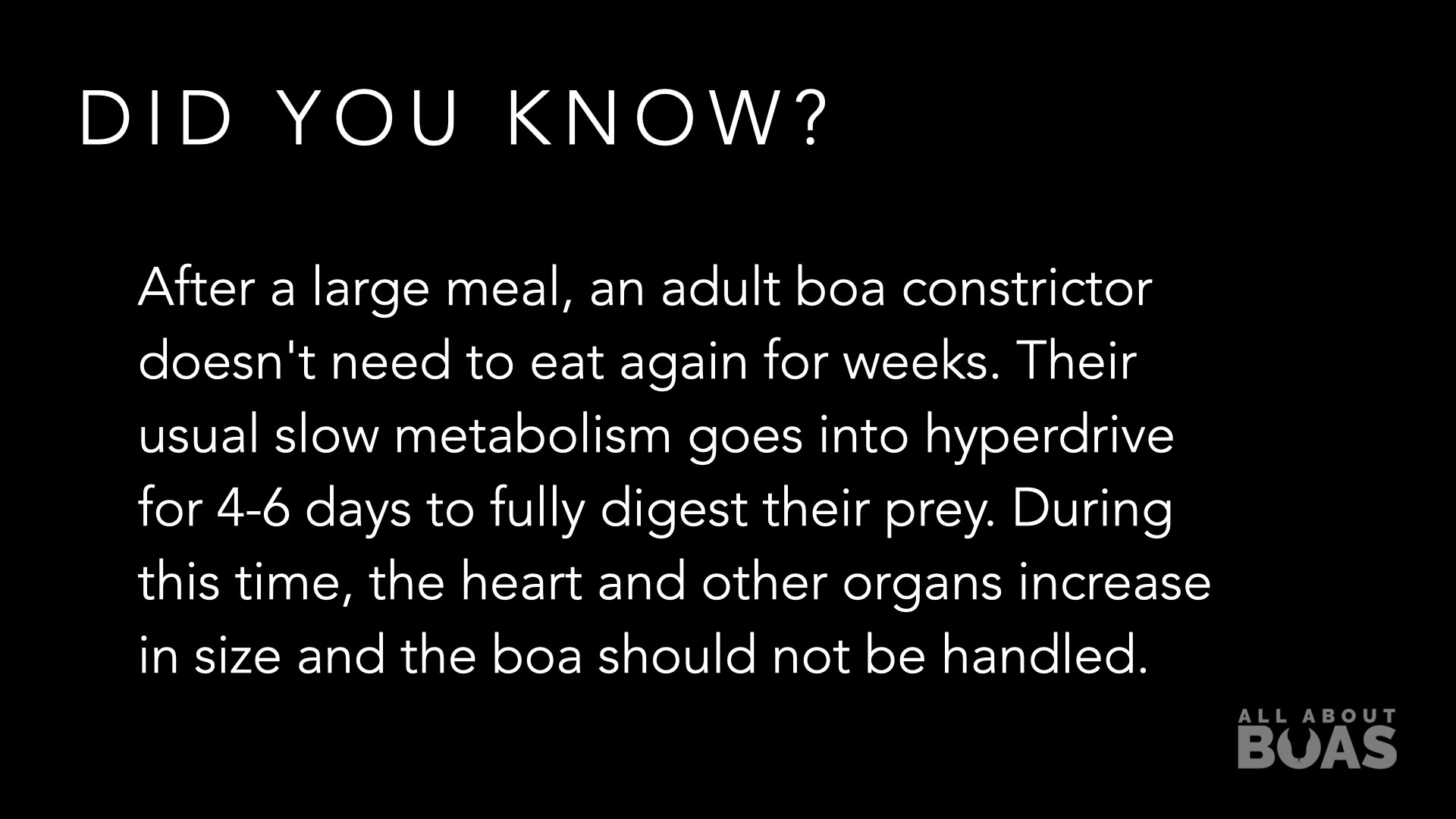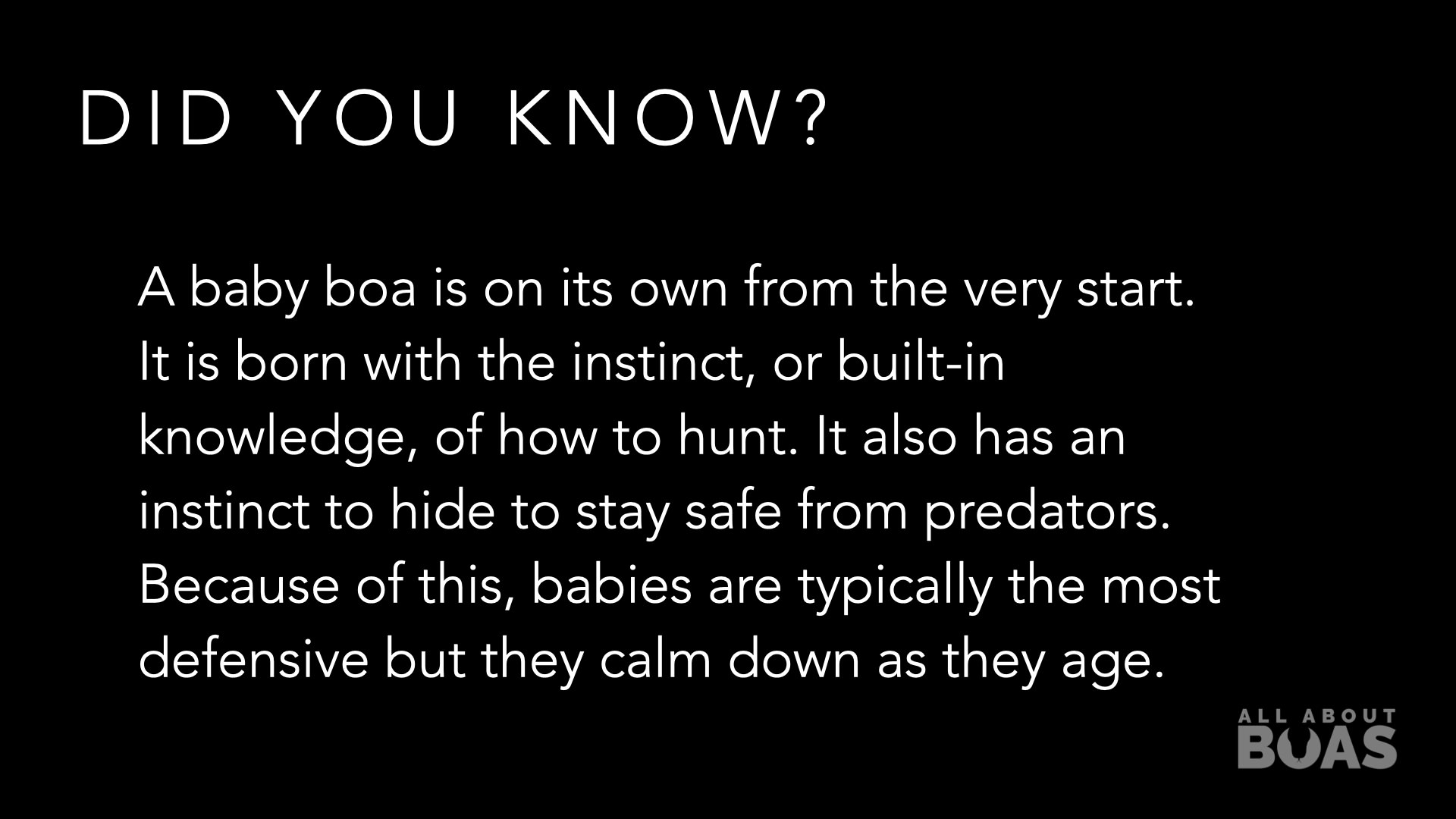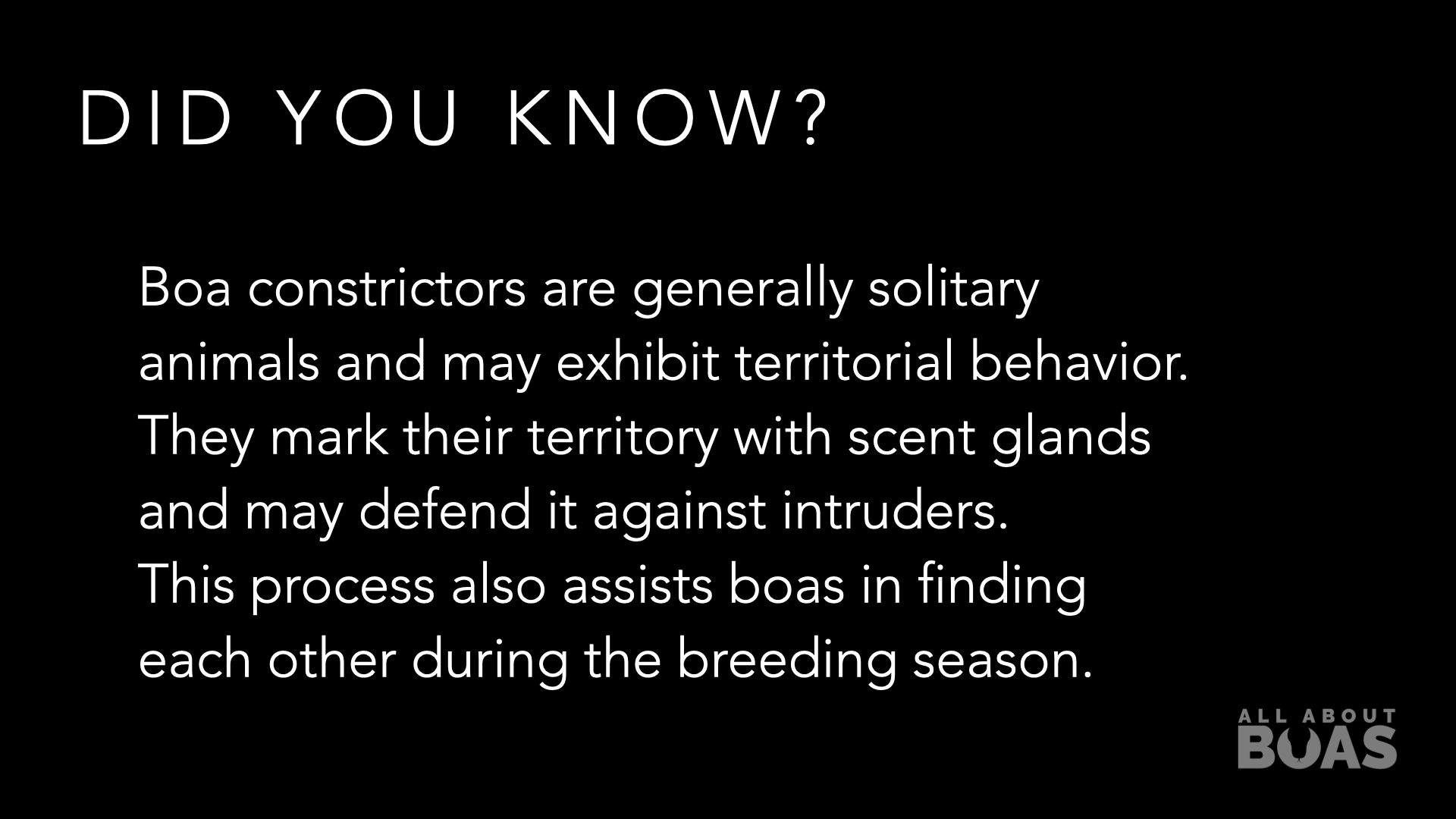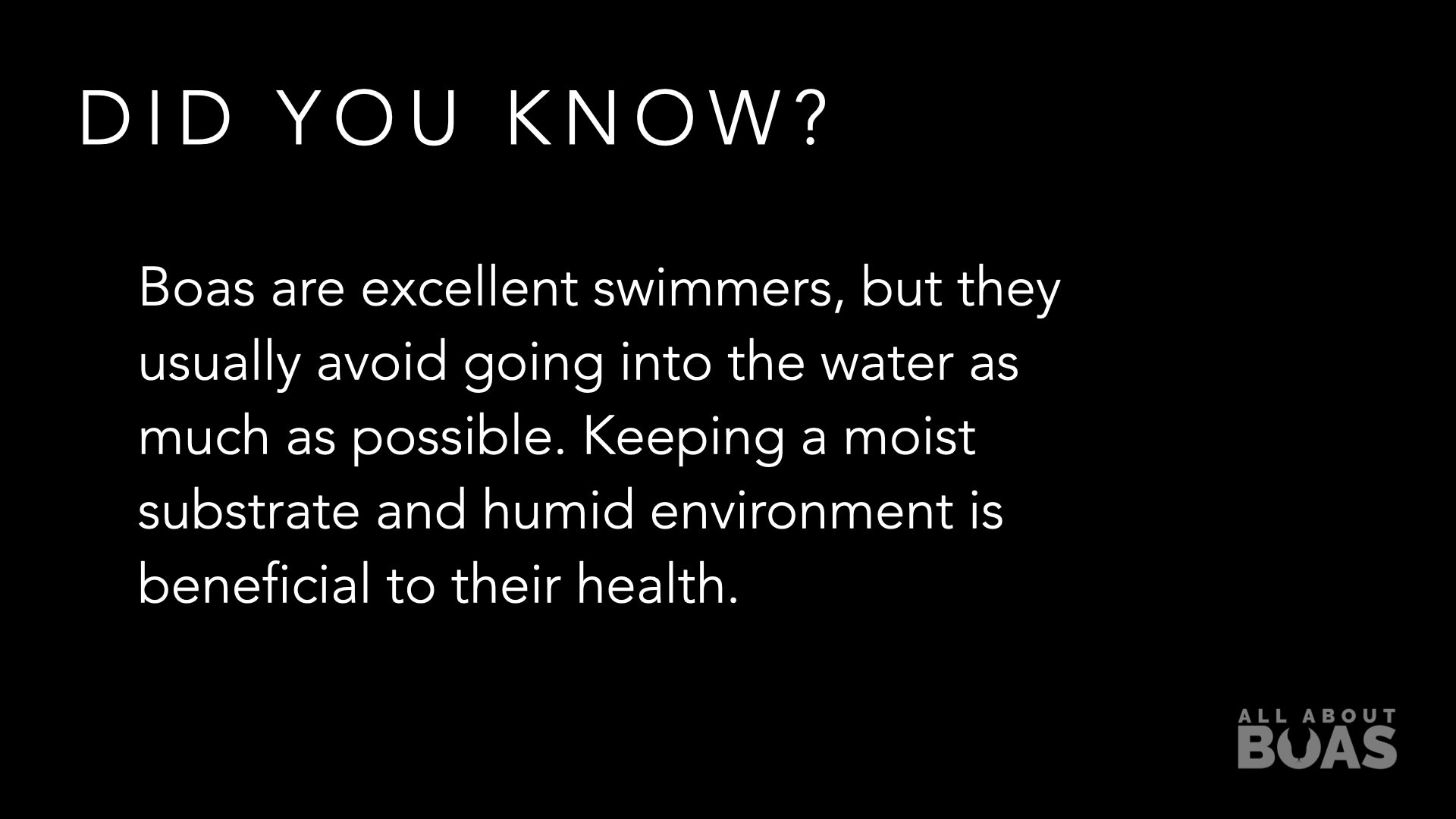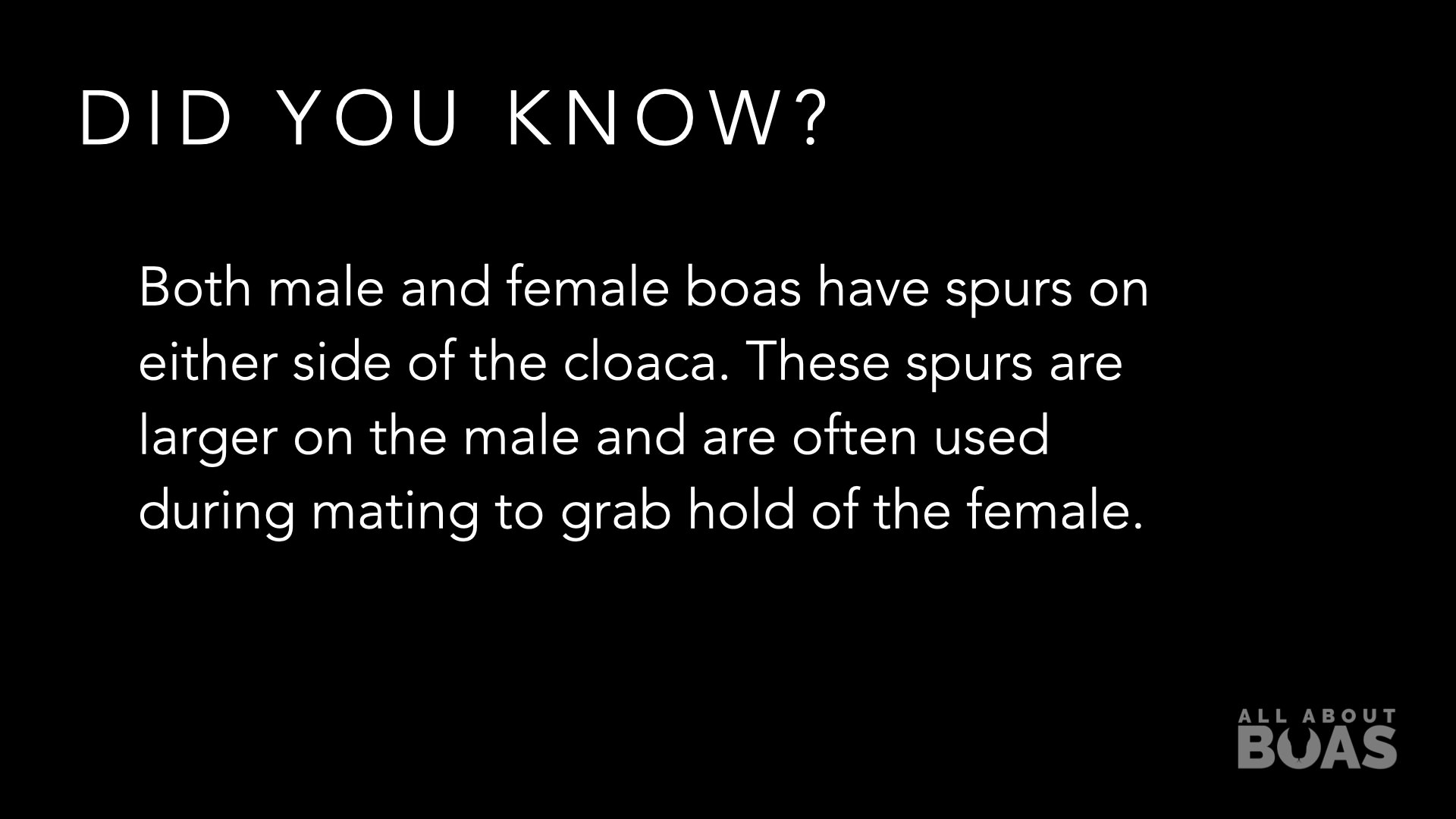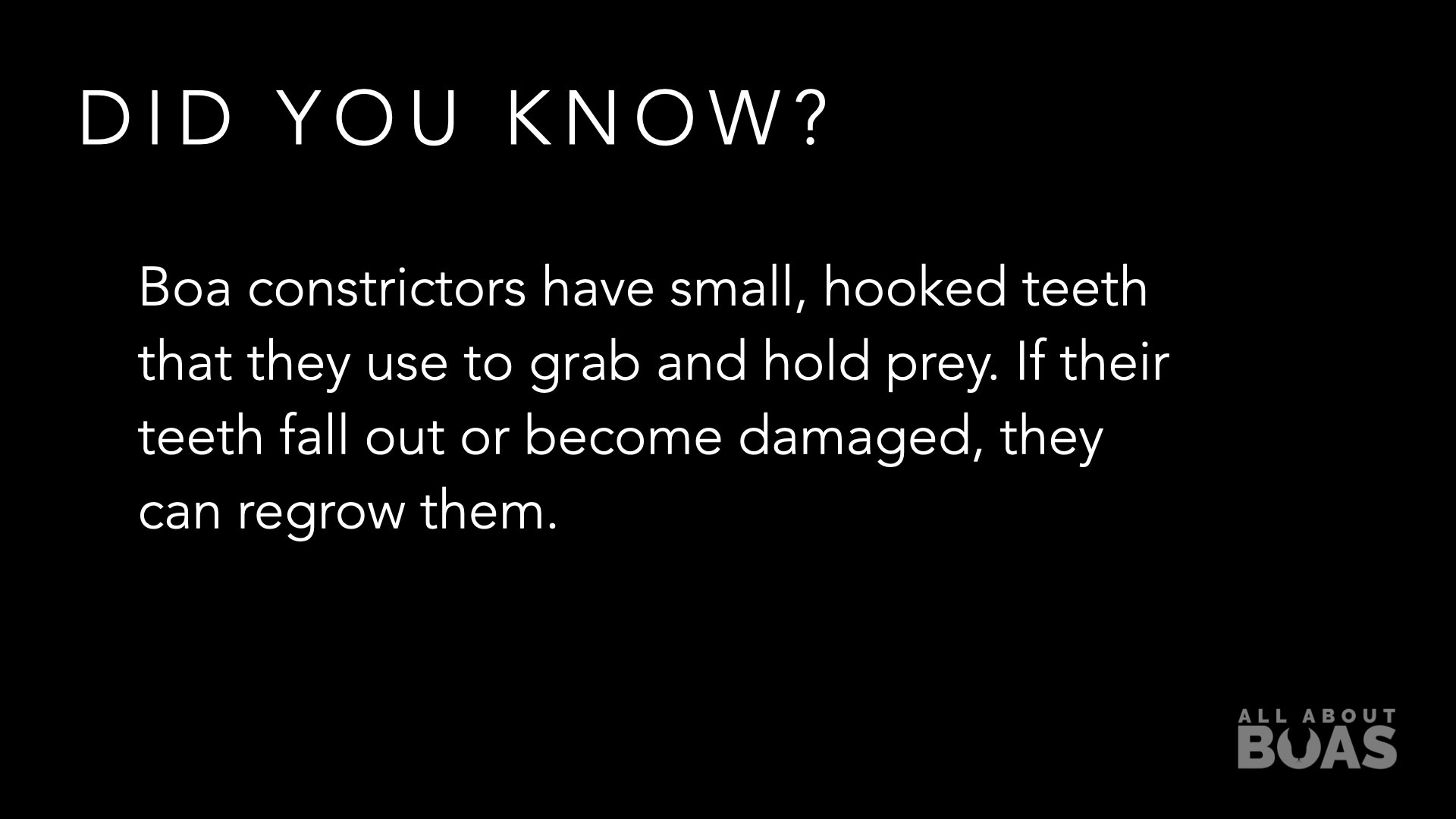Boa constrictors, with their impressive size and mesmerizing presence, have fascinated snake enthusiasts and wildlife lovers for centuries. One of the common questions that arise when considering these magnificent creatures as pets or studying them in the wild is: What is the average lifespan of a boa constrictor? In this article, we delve into the intriguing world of boa constrictors and explore the factors that influence their longevity.
The Basics of Boa Constrictors
Boa constrictors, scientifically known as Boa constrictor, are non-venomous snakes found primarily in Central and South America. They are known for their robust build, beautifully patterned skin, and the ability to constrict their prey to subdue it. Boas are part of the Boidae family and come in a variety of subspecies, each with its unique characteristics.
Average Lifespan
In the wild, boa constrictors typically have an average lifespan of around 20 to 30 years. However, their longevity is influenced by several factors, including genetics, habitat, diet, and overall health.
Factors Influencing Lifespan
-
Genetics: Just like in humans, genetics play a significant role in determining a boa constrictor's lifespan. Snakes from healthy lineages with minimal genetic issues tend to live longer lives.
-
Habitat: Boa constrictors residing in their natural habitat, with suitable environmental conditions and minimal human disturbances, tend to have longer lifespans. Wild snakes face various challenges, including predation and habitat loss, which can impact their longevity.
-
Diet: A well-balanced and appropriate diet is crucial for the health and longevity of boa constrictors. In the wild, they primarily feed on small mammals and birds. In captivity, a proper diet of rodents, appropriately sized for the snake's age, is essential for their overall well-being.
-
Healthcare: Regular veterinary check-ups, proper hygiene, and prompt medical attention when required are vital for ensuring boa constrictors live a healthy life. Diseases, parasites, or injuries, if left untreated, can significantly shorten their lifespan.
-
Captivity vs. Wild: Boa constrictors kept in captivity under the care of knowledgeable and responsible owners often live longer than their wild counterparts. Captive boas are protected from natural predators and environmental hazards and receive regular meals and veterinary care.
Conclusion
The average lifespan of a boa constrictor, ranging from 20 to 30 years, is a testament to their resilience and adaptability in the wild. When kept in captivity with proper care, these magnificent snakes can live fulfilling lives, bringing joy and wonder to snake enthusiasts worldwide. Understanding the factors that influence their lifespan allows us to appreciate these creatures and ensure their well-being, both in their natural habitats and within our homes.





